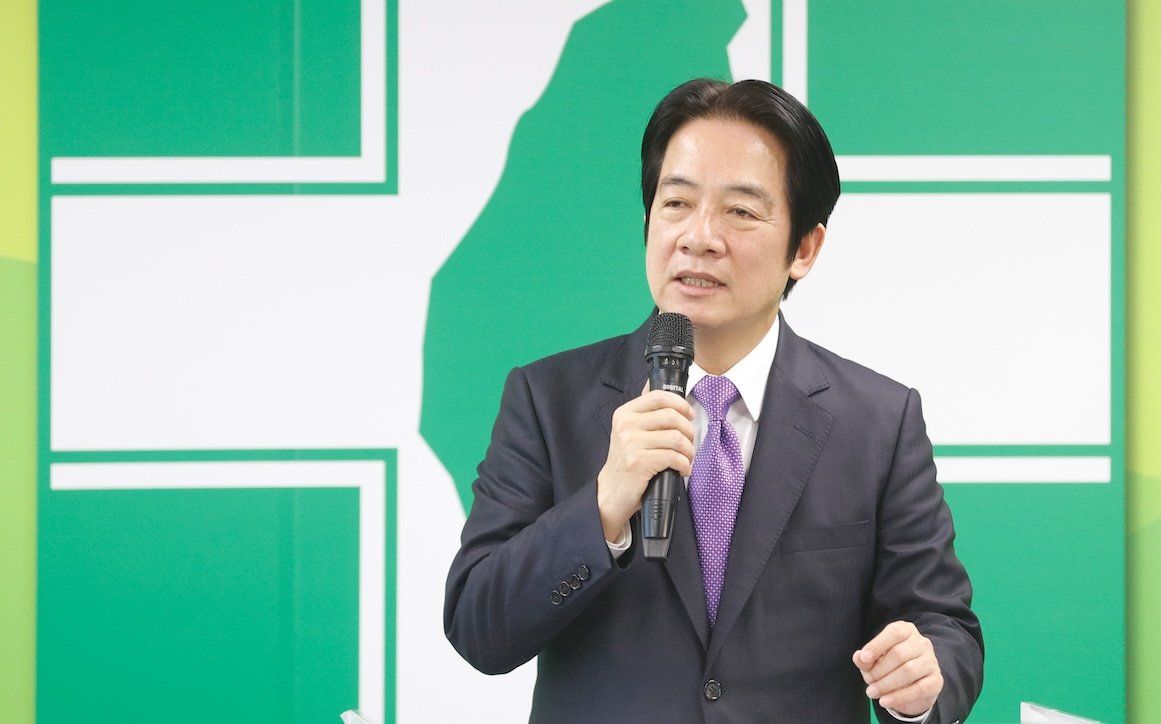Taiwan's then-Vice President William Lai at a news conference in Taipei, in January 2023.
Less than a week after Trump’s US election victory, Taiwanese officials have publicly floated a plan to spend billions on US-made weapons and weapons systems, including F-35 fighter jets, retired US warships, an airborne radar defense system, and hundreds of Patriot missiles. The goal is to persuade China that an invasion of the island would come at an unacceptably high military, material, and political cost for Beijing.
Trump is widely expected to again turn up the heat in US relations with China, particularly on trade issues, right after his inauguration in January. Officials in the government of Taiwanese President William Lai hope that Trump will find arms sales to their country useful as a way of maximizing pressure on Beijing. And even if US-China relations eventually improve, Taiwan will have already upgraded its defense capabilities.
